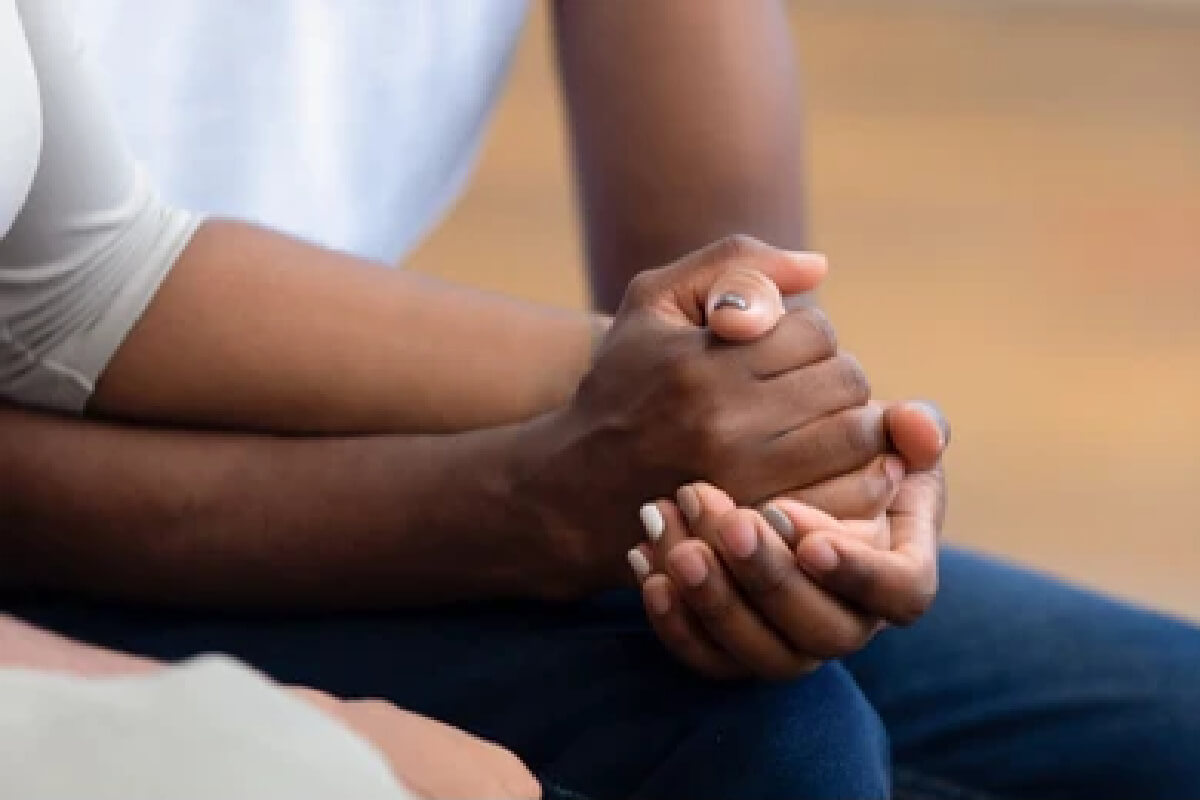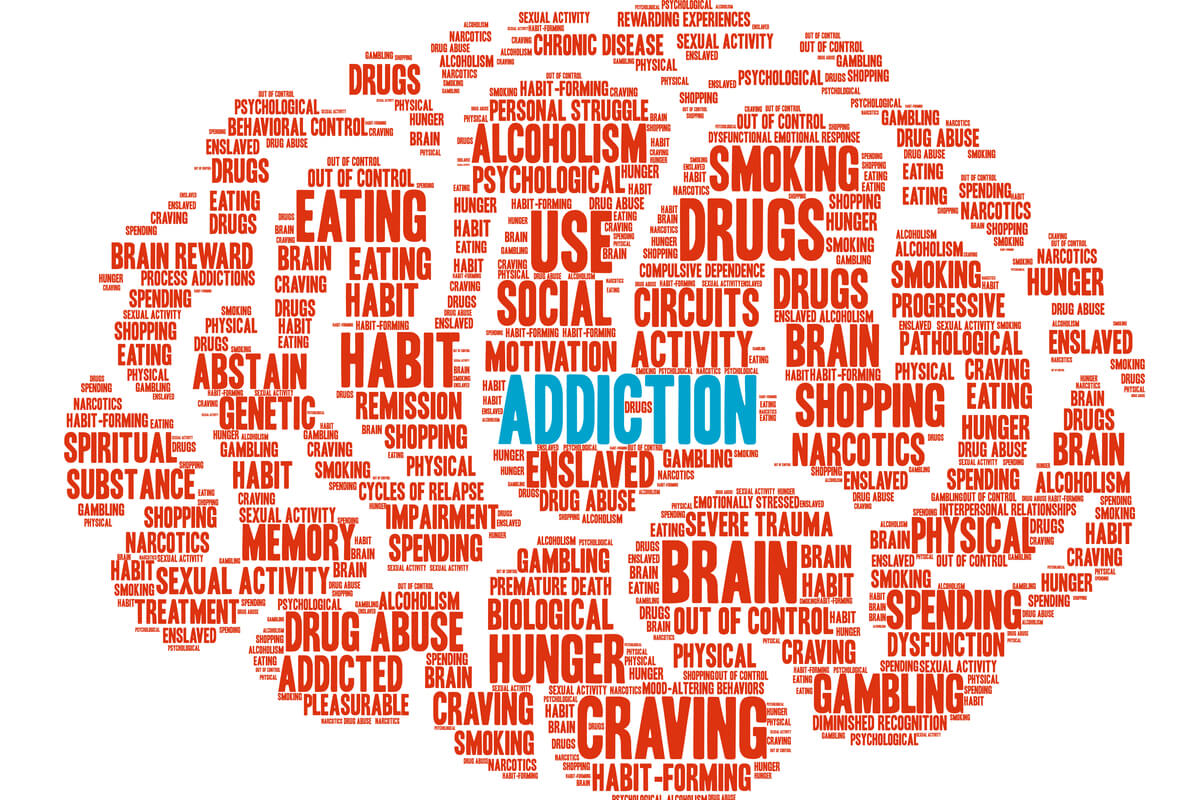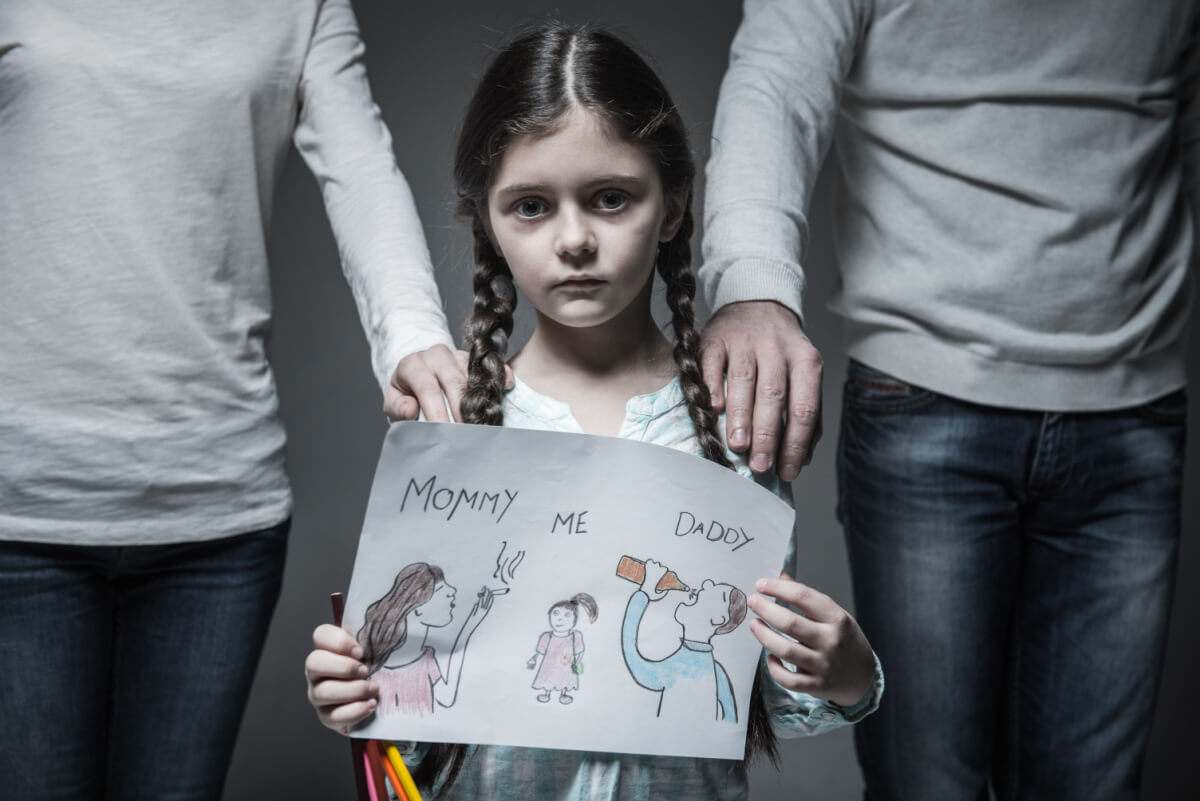
Loss is a part of life, and everyone experiences grief. Grief can occur after a physical death, or can be experienced more generally after the loss of a friendship, a job, or a major life change.
If grief is inadequately addressed or coped with, it can serve as a major trigger for relapse in patients recovering from SUD.
Understanding how grief typically works can help. Realizing how grief can trigger your desire to relapse and planning ahead to conquer challenges is even more helpful.
Defining Grief
Grief simply means the process of dealing with some kind of a loss. Traditionally, most people associate grief with death [1], but grief can also be defined as a loss of a relationship even if that person is still alive. [2] We may also experience grief after any loss: the loss of a person, job, or way of life.
Is Grief an Addiction Trigger?
Many people in recovery report that grief or loss can be a strong trigger for them to relapse. [6] Feelings often tied to addiction relapse include loneliness, sadness, anger, and frustration.[7] Any or all of these sensations can be triggered by grief, and can cause patients in recovery to be tempted to use.
6 Tips to Help You Cope With Grief in Recovery
While loss may be part of life, it could be a real danger to your recovery. If you do experience a loss that causes grief during your recovery, its best to prepare yourself. here are some things you can do:
1. Talk About Your Experience
People can’t help you if they don’t know how you’re feeling. Find someone you trust to share with. This could be a family member, close friend, religious leader such as a chaplain, therapist, or other health care provider. [8]
Tell this person about your loss and how you’re feeling right now. Ask this person to support you during this difficult time, and reach out whenever you feel overwhelmed or upset.
Accept Your Feelings
Many people in recovery are used to using substances to numb feelings or strong emotions like grief. Instead, it can be a new and challenging experience to have to feel those strong emotions without the protection of drugs or other substances. Part of the recovery process from substance use is to learn ways other than substances to manage emotions and grief..
Find a Way to Remember
Some people find solace in ceremonies or rituals. You could do the following:
- Light a candle
- Write down your best memories
- Hold a memorial service
- Donate to a charity
- Plant a tree
- Come up with a tradition to do on significant anniversary of a loss
- Come up with a plan to be around other support systems when anticipating the anniversary of a loss
There’s no right or wrong way to honor your loss. You may find that using many or none of these techniques is right for you.
Focus on Self-Care
When your emotions become overwhelming, look for ways to turn down the temperature and regain control. Think of something you could do when your feelings run high. You could knit, meditate, head out for a walk, spend time with a sponsor, friend or support person, or pet your cat. Therapists and behaviorists can help you identify coping mechanisms and self care practices to help you avoid returning to substance use.
Create a Trigger Plan
Grief can hit you at almost any time, but it’s common for people to feel the loss acutely during holidays, anniversaries, and special occasions. Seeing photographs or other physical reminders could be triggers too.
Keep track of the people, places, things, and events that trigger your grief. Then, talk to your treatment team about how to handle those events before they happen. Having a plan in place can help prevent you reacting spontaneously and making a decision to relapse in the moment.
Helpful Resources
Your therapist and other members of your treatment team are expertly positioned to help. If you’re struggling with grief and loss and you’re not sure you can resist relapse, talk with your team about what to do next.
These resources may also be helpful:
- Still Standing Magazine: Anyone who has lost a child can benefit from this resource. Read articles from other grieving families, and if you’re a writer, submit a remembrance of your own. Join an online support group for even more assistance.
- Grief.com: Read articles, watch videos, or sign up for a workshop on processing loss. This website is made for anyone facing a loss.
- GriefShare: Attend seminars and support groups about grief. Sign up for an encouraging email message each day. Most help given here is religious in nature, but you may find that comforting.
- GriefNet.org: Join one of 50 email grief support groups and connect with other adults struggling with loss. Create an online memorial on the site to share your thoughts with the world.
- What’s Your Grief?: Read a weekly blog post all about loss and recovery. Join an online community and share your experience with others. Attend webinars and online courses, too.
Stay in Touch
Remember: If an acute grief reaction occurs and you feel unstable, reach out immediately to the people in your life or to your medical care team so that you can receive the support you need and prevent backsliding in your recovery.

Medically Reviewed By Elena Hill, MD, MPH
Elena Hill, MD; MPH received her MD and Masters of Public Health degrees at Tufts Medical School and completed her family medicine residency at Boston Medical Center. She is currently an attending physician at Bronxcare Health Systems in the Bronx, NY where ... Read More
- Reactions to Particular Types of Bereavement. Bereavement: Reactions, Consequences, and Care. https://www.ncbi.nlm.nih.gov/books/NBK217848/. 1984. Accessed August 2022.
- How Your Brain Copes with Grief, and Why It Takes Time to Heal. National Public Radio. https://www.npr.org/sections/health-shots/2021/12/20/1056741090/grief-loss-holiday-brain-healing. December 2021. Accessed August 2022.
- Kubler-Ross Stages of Dying and Subsequent Models of Grief. StatPearls. https://www.ncbi.nlm.nih.gov/books/NBK507885/. July 2022. Accessed August 2022.
- It's Time to Let the Five Stages of Grief Die. McGill Office for Science and Society. https://www.mcgill.ca/oss/article/health-history/its-time-let-five-stages-grief-die. May 2019. Accessed August 2022.
- Grief and Recovery: The Prevalence of Grief and Loss in Substance Abuse Treatment. Journal of Addictions and Offender Counseling. https://onlinelibrary.wiley.com/doi/abs/10.1002/j.2161-1874.2015.00034.x. April 2015. Accessed August 2022.
- Co-Occurring Substance Use Disorders and Grief During Recovery. Substance Use and Misuse. https://www.tandfonline.com/doi/abs/10.1080/10826084.2021.2019771. December 2021. Accessed August 2022.
- Substance Abuse, Chronic Sorrow, and Mothering Loss: Relapse of Triggers Among Female Victims of Child Abuse. Journal of Pediatric Nursing. https://www.sciencedirect.com/science/article/abs/pii/S0882596307004162. October 2009. Accessed August 2022.
- Dealing with Sadness or Grief After a Loss. U.S. Department of Veterans Affairs. https://www.va.gov/vetsinworkplace/docs/em_eap_dealing_loss.asp. September 2015. Accessed August 2022.
Download Our Free Program Guide
Learn about our program, its effectiveness and what to expect
Related articles
Imagine what’s possible on the other side of opioid use disorder.
Our science-backed approach boasts 95% of patients reporting no withdrawal symptoms at 7 days. We can help you achieve easier days and a happier future.








